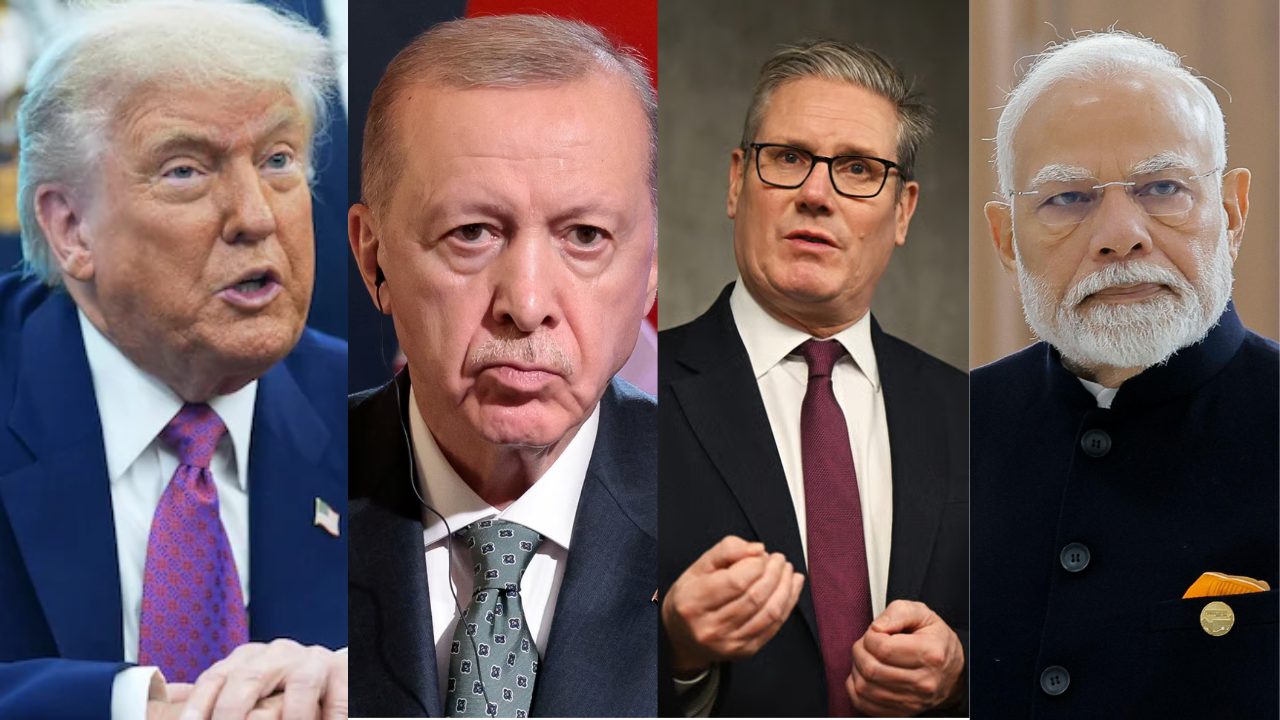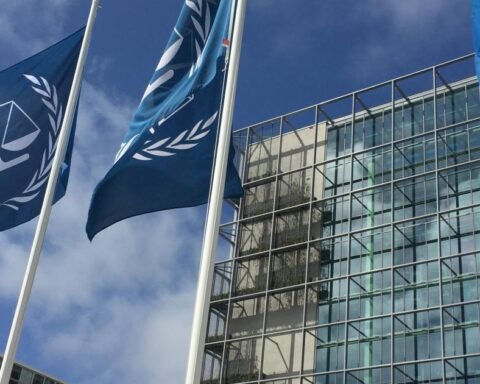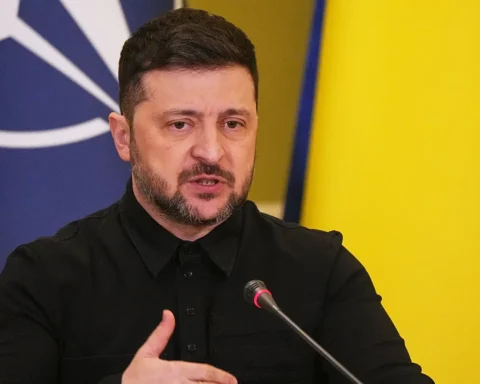Israeli Prime Minister Benjamin Netanyahu has publicly praised Donald Trump for authorizing U.S. military strikes on Iran’s nuclear infrastructure.
Netanyahu described the move as “bold” and “historic,” asserting that it could open the door to a more peaceful and secure future in the region.
The airstrikes, launched earlier this week, targeted three of Iran’s most critical nuclear facilities: the Fordow Fuel Enrichment Plant, the Natanz nuclear site, and the Isfahan uranium conversion facility. These locations have been under international scrutiny for years due to their role in enriching uranium, a key step in developing nuclear weapons.
According to satellite imagery and defense sources, the Fordow site—buried deep under mountains—sustained heavy damage from U.S. “bunker-buster” bombs. This marks one of the most direct attacks on Iran’s nuclear infrastructure in recent history.
“President Trump has shown what true leadership looks like,” Netanyahu said at a press conference in Jerusalem. “This act of strength might be what finally brings peace—not just for Israel, but for the entire Middle East.”
The airstrikes have sparked global debate. Iran responded angrily, calling the attacks a clear violation of international law and the Nuclear Non-Proliferation Treaty (NPT), which Iran signed in 1968. Iranian officials have accused the U.S. of aggressive provocation and promised retaliation, stating the country’s right to defend its sovereignty.
In retaliation, Iran’s Islamic Revolutionary Guard Corps (IRGC) reportedly launched over 20 ballistic missiles toward Israeli cities. While Israel’s advanced Iron Dome defense system intercepted most of the projectiles, a few landed near civilian areas, resulting in injuries and property damage.
Trump, for his part, called the strikes a “spectacular military success” and warned Tehran that further military action would follow unless Iran abandoned its nuclear ambitions. The operation, code-named “Midnight Hammer“, involved GBU-57 bunker buster bombs and Tomahawk cruise missiles, with support from B-2 Spirit stealth bombers.
Despite the aggressive nature of the strikes, Netanyahu insisted the move was necessary to prevent Iran from obtaining nuclear weapons. He emphasized that Israel has long warned of Iran’s intentions, and that Trump’s action sends a clear message to both Tehran and the world.
Also Read; Putin Stresses Russia Must Avoid Economic Recession
“We are grateful,” Netanyahu stated. “Not just as Israelis, but as people who value truth, safety, and freedom.”
The response from world leaders has been mixed. While U.S. allies like the United Kingdom and France urged de-escalation, countries such as Russia, China, and Turkey condemned the attacks. The European Union (EU) has called for restraint and a return to diplomatic negotiations.
The United Nations Security Council is expected to convene an emergency session to discuss the crisis. Iran, meanwhile, has threatened to block the Strait of Hormuz, a vital oil transit route that handles about 20% of the world’s petroleum trade.
This military exchange has raised fears of a larger conflict engulfing the region. The events could also impact the already fragile nuclear negotiations, which had previously stalled after the U.S. exited the Joint Comprehensive Plan of Action (JCPOA) in 2018.
Netanyahu remains firm in his belief that peace can only be achieved through strength. Whether this strategy will lead to lasting security or deeper instability remains to be seen.







